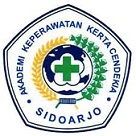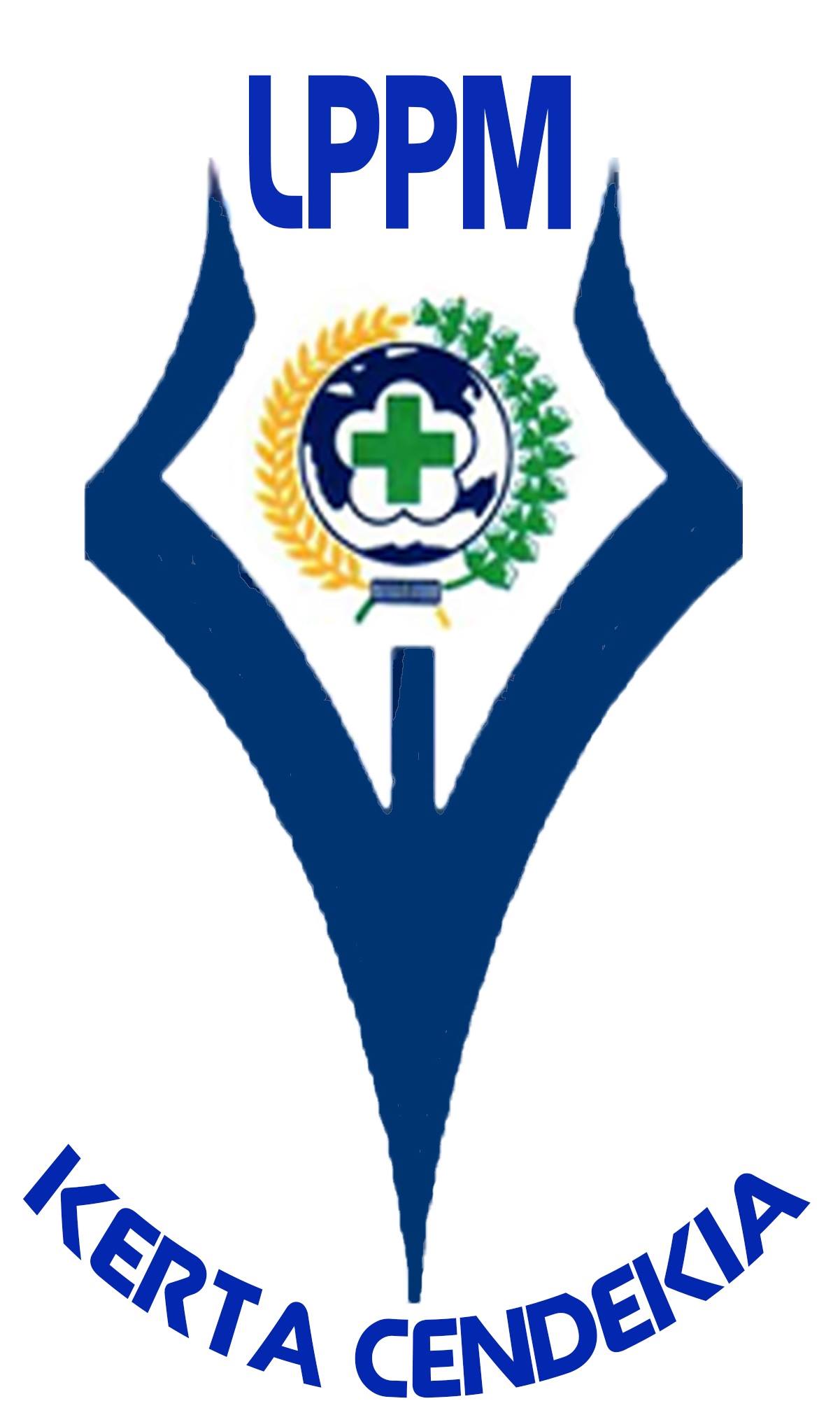FACTORS AFFECTING THE SUCCESS OF EXCLUSIVE BREASTFEEDING AMONG BREASTFEEDING MOTHERS IN CHILD’S POLY OF DKT GUBENG POJOK HOSPITAL, SURABAYA
DOI:
https://doi.org/10.36720/nhjk.v7i2.42Abstract
Background. The survival of children to grow and develop and get good care is needed to achieve a healthy generation. The success of exclusive breastfeeding in infants 0-6 months in Indonesia still does not meet expectations due to a poor knowledge of the importance Exclusive Breastfeeding and their perception of infant formula is better than breast milk. The low achievement of breastfeeding (ASI) exclusively due to several factors, namely low knowledge of the mother of the importance of breastfeeding, the sex of the baby, birth weight or premature birth, culture that does not support, families that do not support, and social change that happening in the community.
Objective. This study aimed to examine predictive factors toward the success of exclusive breastfeeding among breastfeeding mothers in Child’s Poly DKT Gubeng Pojok Hospital, Surabaya.
Methods. The design of this study is a cross-sectional study. The variables studied were age, occupation, level of education, family support, and exclusive breastfeeding success. The results of this study were analyzed using the Stepwise Multiple Regression method with SPSS 21.
Result. Family support (β = 0.78, p < .001) were significant predictor of exclusive breastfeeding success and accounted 75.9% in the variance of exclusive breastfeeding success (R2 = .759, F (4, 27) = 9.18, p < .001).
Conclusion. The importance of family support in supporting the success of exclusive breastfeeding in infants 0-6 months. For this reason, health workers are expected to improve their approach to families so that they want to provide support to breastfeeding mothers.
Â
Keywords: Exclusive breastfeeding, infants 0-6 months, factors affecting, breastfeeding mothers
Downloads
References
Aprillia, Y. (2010). Analysis of the Socialization of Exclusive Early Breastfeeding and Breastfeeding Initiation Programs to Midwives in Klaten District (Doctoral dissertation, Universitas Diponegoro).
Briawan, D. (2004). Effect of formula milk promotion on shifting use of breast milk (ASI). Individual Paper Odd Semester Doctoral Program, Graduate School of IPB.
East Java Health Department. (2015). Monitoring Nutritional Status.
Friedman, M., Bowden, V. r., & Jones, E. G. (2010). Family Nursing Textbook; Research, Theory & Practice. Jakarta: EGC.
Indonesia, S. Welfare Indicators 2016.
Krisnadi, S. R. (2007). Reproduction and Contraception. Retrieved 2018 from http://www.ibuhamil.com.
Pantiawati. (2011). Infants with LBW (Low Birth Weight). Jakarta: Medical Book.
Sulistiyowati, T., & Siswantara, P. (2014). The behavior of mothers working in providing exclusive breastfeeding in Japanan village, the working area of Kemlagi-Mojokerto health center. Jurnal Promkes, 2(1), 89-100.
Downloads
Published
How to Cite
Issue
Section
Citation Check
License
Authors who publish with Nurse and Health: Jurnal Keperawatan agree to the following terms:
- Authors retain copyright licensed under a Creative Commons Attribution-NonCommercial 4.0 (CC BY-NC 4.0), which allows others to remix, tweak, and build upon the authors' work non-commercially, and although the others' new works must also acknowledge the authors and be non-commercial, they don't have to license their derivative works on the same terms.
- Authors are permitted and encouraged to post their work online (e.g., in institutional repositories or on their website) prior to and during the submission process, as it can lead to productive exchanges, as well as earlier and greater citation of published work (See The Effect of Open Access). Authors can archive pre-print and post-print or publisher's version/PDF.








